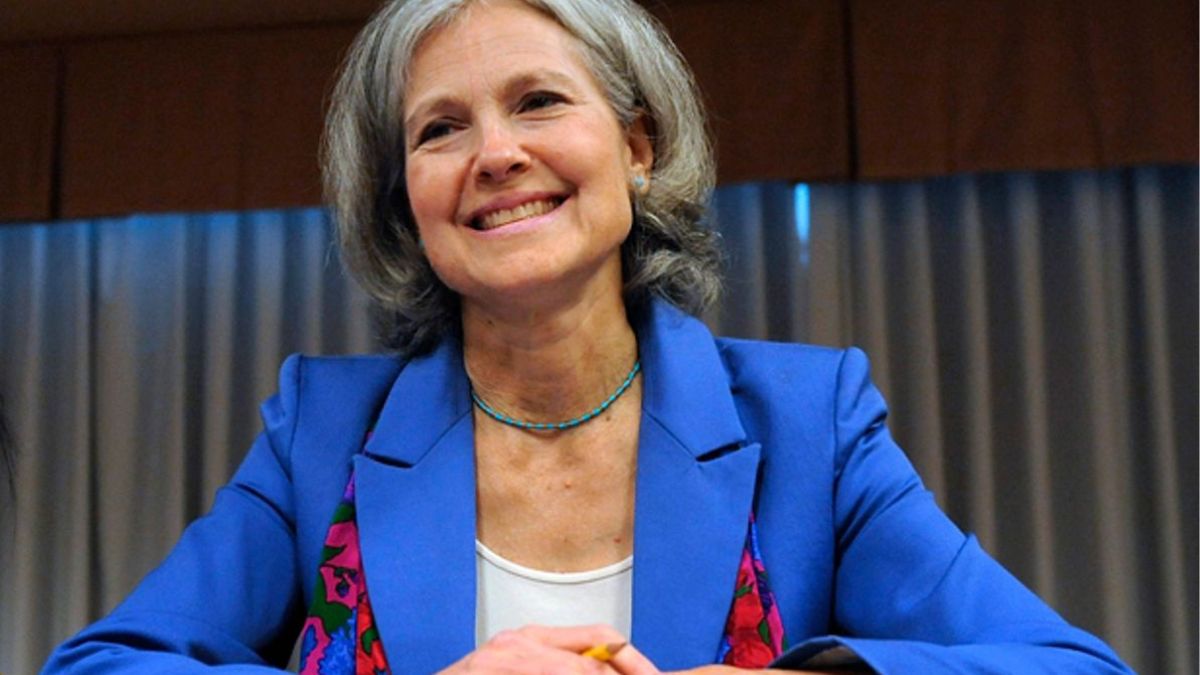As the 2024 presidential election draws nearer, a significant number of Muslim American voters appear to be moving away from Kamala Harris and the Democratic Party, instead showing growing support for Green Party candidate Jill Stein. This shift could present a considerable challenge to the Harris campaign, particularly in key swing states where every vote counts.
Muslim Americans have historically supported the Democratic Party, with many backing President Joe Biden in the 2020 election. However, recent dissatisfaction with the administration’s foreign and domestic policies, particularly regarding issues affecting Muslim-majority countries and civil rights, has led to disillusionment among some voters in the community.
Jill Stein, who previously ran for president in 2016 as the Green Party candidate, has managed to resonate with these voters through her progressive stance on issues like anti-war policies, environmental justice, and human rights. Her advocacy for ending U.S. involvement in overseas conflicts and pushing for more robust civil rights protections domestically has attracted Muslim Americans who feel neglected by mainstream Democrats.
Many Muslim Americans have expressed frustration with the Biden administration’s handling of foreign policy, particularly in the Middle East and South Asia. The continued military presence in certain regions, coupled with arms sales to countries accused of human rights violations, has disillusioned voters who once viewed Democrats as more sympathetic to global peace initiatives. These concerns have carried over to Kamala Harris, who is now facing the brunt of this growing dissatisfaction as she campaigns for the presidency.
“The Muslim community is tired of being taken for granted,” said one political analyst familiar with the shift. “Many voters feel that while they’ve supported Democrats for years, their specific concerns, especially regarding foreign policy and civil liberties, are not being addressed.”
This shift in support toward Stein could have a significant impact on the 2024 election, particularly in swing states like Michigan, Pennsylvania, and Wisconsin, where the Muslim American vote has played a pivotal role in past elections. A loss of support from this key demographic could make it more difficult for Harris to maintain the narrow margins that were crucial to Biden’s victory in 2020.
Stein’s ability to mobilize disenchanted voters poses a unique challenge for the Democratic Party. While her third-party candidacy is unlikely to win the presidency, it could pull enough votes away from Harris to weaken her chances against her Republican opponents.
In response, the Harris campaign has begun outreach efforts to re-engage with Muslim voters, focusing on addressing their concerns more directly. Campaign representatives have highlighted the administration’s commitment to civil rights and religious freedoms, as well as Harris’ personal history of advocating for minority communities. However, it remains to be seen whether these efforts will be enough to counter the growing appeal of Stein’s candidacy.


